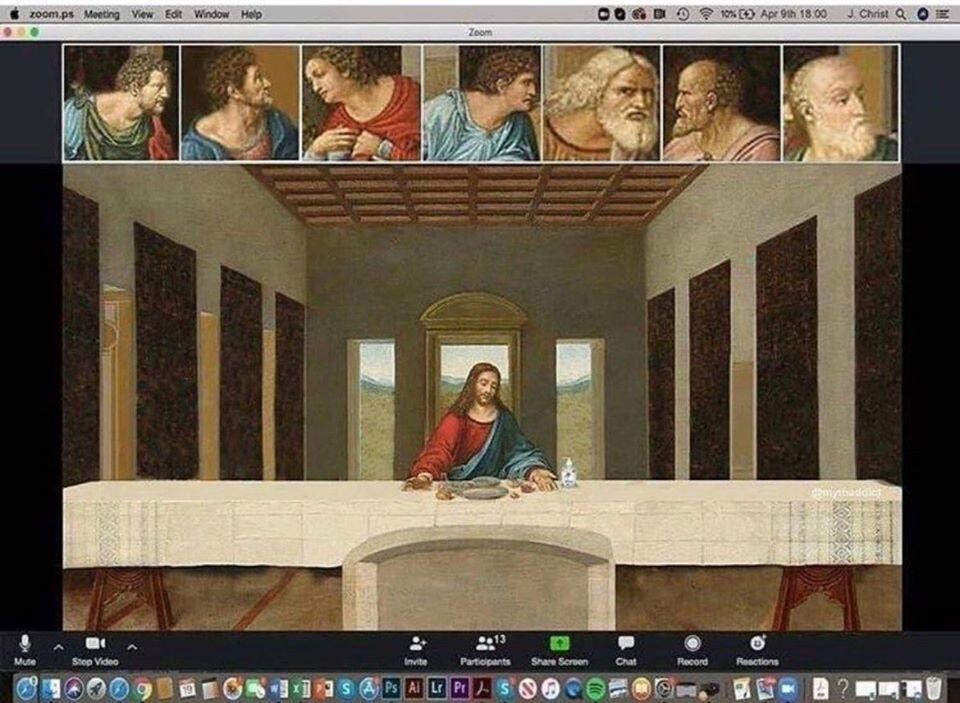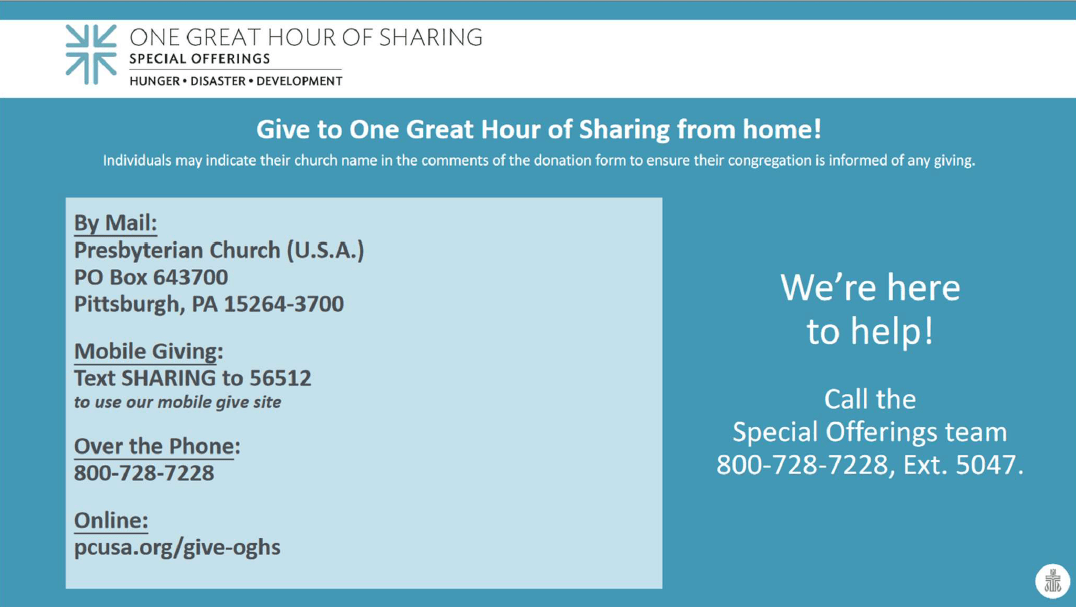Quiet Dawn
Quiet Dawn
The angel said to the women, “Do not be afraid; I know that you are looking for Jesus who was crucified. He is not here; for he has been raised, as he said.”
Matthew 28:5-6a
One of the traditional questions in the Passover seder is “Why is this night different from all other nights?” A variant of this question kept coming to my mind this weekend: “Why is this Easter Sunday different from all other Easter Sundays?” Vikki Randall, pastor of Westminster Presbyterian in Temple City, referred to this year’s Lent as “the Lentiest of any Lent that ever Lented.”
Indeed, Easter services entered into the news this year differently than in other years, either as the source of controversy for those few churches who felt it necessary to worship in person, or by showing the starkness of totally empty sanctuaries and cathedrals.
I have to confess that as Maundy Thursday and Good Friday came, I had to make myself log in to worship(!). It even occurred to me that since some churches are now doing asynchronous worship services (ie, you can go into YouTube and watch the service anytime you choose), I might just do that. I’m kind of glad I was committed to worship with a church that is connecting via Zoom, so you can see who is (and isn’t) there.

No, it wasn’t THAT Maundy Thursday service! (Thanks to my niece who texted this to me.)
Actually, during my first Zoom-based communion service, I was strangely moved, even sitting at my desk in front of the computer, eating a biscuit of my own as the bread of life. I was struck again how much we people of faith need to worship, even under difficult circumstances.
It reminded me of our friend Bertrand, who had been detained in Adelanto for months. In the few days he was in Pasadena, I took him to a Catholic church, because he is a devout Catholic. We prayed there, and then looked for reading material for his trip to North Dakota. The church staff gave him some books, and offered a basket of rosaries from which he could choose. He carefully selected one, but as we walked away he told me that he already had a rosary. While in Adelanto, he had gathered up some threads and tied them together to make the rosary, tying a knot to take the place of each bead.
It is an unexpected gift among the difficulties, how this break in routine offers a new perspective on our life of faith. During this morning’s Easter celebration, I filled my computer screen with the images of the worshipers—some in their easy chairs, some in their kitchens, several watching together as a family on their living room couch. I was so touched, seeing especially the children sitting with their parents, attentively connected in worship and celebration of our Lord’s resurrection, even with the occasional technical glitches. As several of us have noticed, there’s something more intimate, more whole, about connecting with each other as we worship together in our homes.
This Easter also gave me a new perspective on the stress we put ourselves through, trying to create the ultimate Easter experience, usually with trumpets, strings, or whatever else creates a festive enough celebration. But when Rick Warren was asked about Easter outside the sanctuary, he pointed out that while this Easter is unlike any others we are used to, it is much more like the very first Easter. On that Easter, there were no megachurches or massive celebrations; Jesus’ disciples were hiding in their home, doors locked in fear of what might hurt them out in the world (at least that’s where the men were—the women were at the tomb). On that most blessed day, Jesus’ friends were overcome by grief and fear.
How was this Easter Sunday different from all the others? For myself, I was not rushed, and stepped into the garden. And I felt peace for the first time in a long while, as if that little seed of hope that has survived all the craziness started to blossom. I was reminded, assured, that life does win over death; love perseveres and finds new ways to grow; Jesus has left the tomb even when we hover around it. Even as tornadoes threaten the South like the devil finding new weapons to attack our faith, we can recommit to our faith in Jesus, just as Jesus’ resurrection is God’s recommitment to life everlasting.
In thanksgiving for the creative power of the Holy Spirit—and Jesus’ followers—during this time of Coronavirus, one of my colleagues declared: “The tomb was empty, but Jesus is alive. The church buildings are empty, but the Church—the People of God are ALIVE!”
How do we share the good news that Jesus lives? I have but two suggestions for this week:
- Take a breath, trust in God’s care, and sleep in.
- If you are energized and want to share the good news, consider an idea that came out of a call from an elder who wanted to encourage other churches. Through our presbytery giving page at sangabpres.org/donate, you can give to any church, any time—just direct the gift to “An Individual Church” and in the comments section, give the name and city of one of our sister churches, and we’ll send the offering for you. (There are other options as well, such as aid for immigrants and Living Waters for the World.) Short on cash? Then send an email and say thanks.
Just as Easter Sunday was not the end of the story, or even the end of worldly troubles, I know that we are still staying at home, now wearing masks to keep our germs from each other. But because we are resurrection people, we are people of hope, people of life, people of love—for God, for each other, and for ourselves. Let us breathe in the Spirit of life, and give thanks for Jesus, who lives in and among us.
Alleluia! Amen.
Wendy

